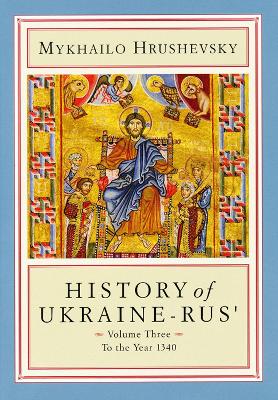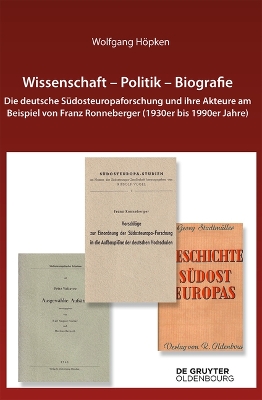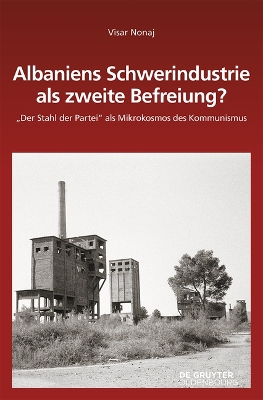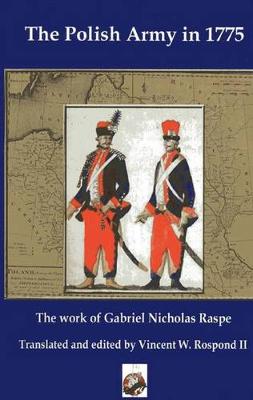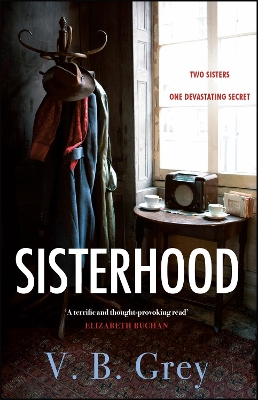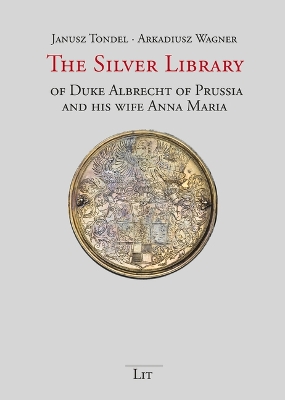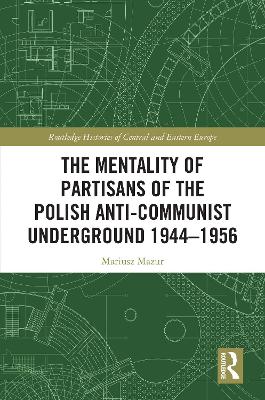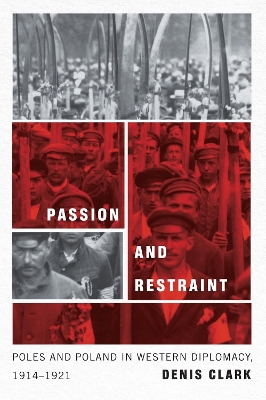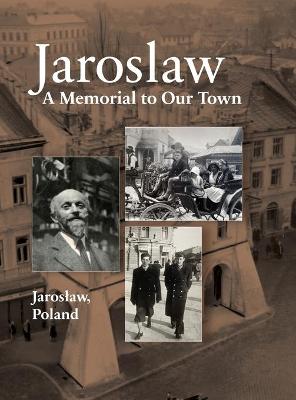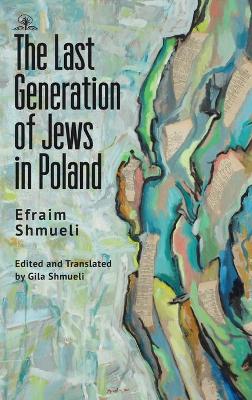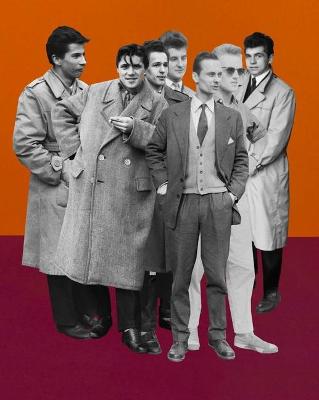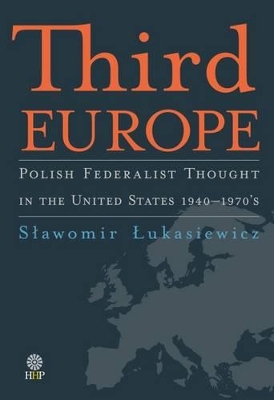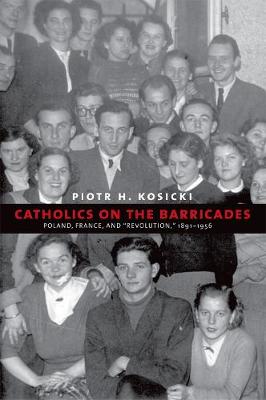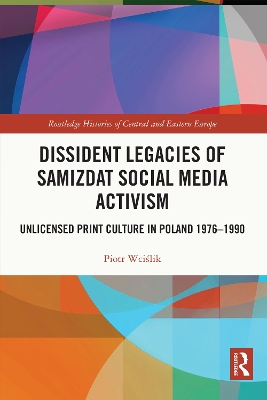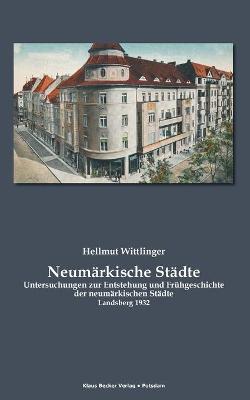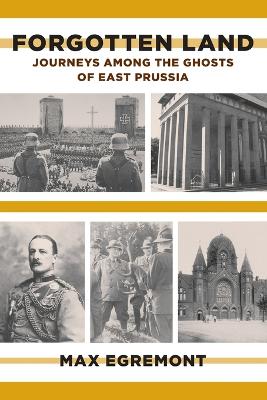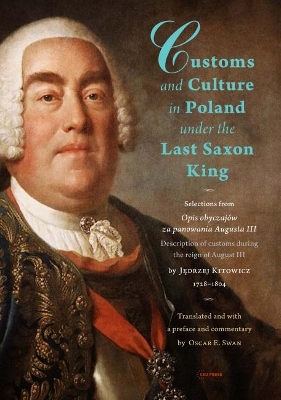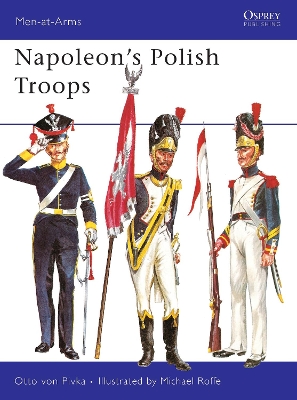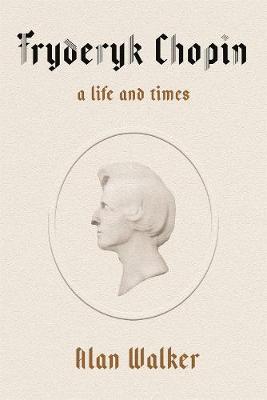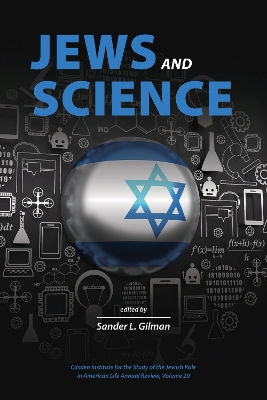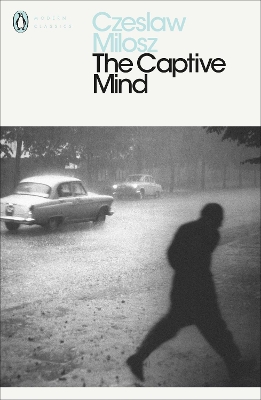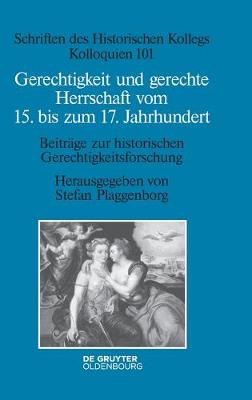History of Ukraine-Rus' (History of Ukraine-Rus', #10)
by Mykhailo Hrushevsky
Wissenschaft - Politik - Biografie (Sudosteuropaische Arbeiten, #163)
by Wolfgang Hoepken
Albaniens Schwerindustrie ALS Zweite Befreiung? (Sudosteuropaische Arbeiten, #162)
by Visar Nonaj
New Media Behind the Iron Curtain
by Krzysztof Jajko, Maria B. Garda, and Piotr Sitarski
'A BEAUTIFULLY WRITTEN STORY OF SISTERS AND THEIR FAMILIES WHOSE LIVES ARE PROFOUNDLY CHANGED BY WAR. GREY IS NOT AFRAID TO SEARCH IN THE SHADOWS FOR THE TRUTH. A TERRIFIC AND THOUGHT PROVOKING READ' ELIZABETH BUCHANIdentical twin sisters Freya and Shona take very different paths, leading to long-buried family secrets that reverberate through the generations in this thrilling novel of psychological suspense by the author of Tell Me How It Ends. There are some choices you can't come back from.It...
The Silver Library of Duke Albrecht of Prussia and His Wife Anna Maria (Geschichte: Forschung Und Wissenschaft)
This book is the first study of the mentality of anti-Communist underground fighters and presents, detail, their thinking, ideals, stereotypes and customs. The models and psychological processes that the volume analyzes are relevant not only to the Polish partisans, but also to members of other underground organizations, in East-Central Europe, South America and Asia. It explores how the underground organizations were created, who joined them and why, what thoughts and emotions were involved,...
Much of today's international order can be traced to the experimentations with governance that occurred in central Europe immediately after World War I. And though Western governments did not bring about the creation of Poland on their own or determine all of its eventual borders, their attempts to do so left many lingering grudges and made the years immediately following the war a crucial period in Polish and international history. Passion and Restraint examines how British, French, and America...
Skalski-against all odds provides a gripping and detailed account on the career of General Stanislaw Skalski, VM & bar, KW & 3bars, DSO, DFC & 2bars, the leading Polish fighter ace. Skalski gallantly served from the first day of the Second World War, becoming the first ace of the conflict, and continued his service through the Battle of Britain, Channel offensive, Tunisian & Italian campaigns, and Normandy landings. He finished the war on staff positions. Returning to communist Poland, he was du...
The book, based on memories of a native son and the research of a scholar, is an amalgam of descriptions and discussions, peppered with conversations, personal observations and an acute observer's reflections, focused on the fabric of life in the city of Lodz and its vicinity. The author describes the "court" of the Hasidic Rabbis of Alexander, with which his family was affiliated, the rival camps of Hasidim and Zionists, industrialists and laborers, struggles with the Polish authorities, and mo...
In The First March of Gentlemen, Rafal Milach creates a fictitious narrative composed of authentic stories. He retells the historical children's strike in Wrzeenia in Poland from the early 20th Century, through collaged archive photographs from the 1950s and 1960. By blending these elements, he has created a new narrative, to be read as a playful metaphor for the political situation of the present. This project was created by the Deutsche Borse shortlisted photographer on the Kolekcja Wrzeenia r...
The genesis of the federalist thought that the book discusses is the project beginning in the fall of 1939 about the idea of combining Poland's and Czechoslovakia's war efforts. It soon developed into federalist concepts, leading, in turn, to particular political gestures: the Polish-Czechoslovak Declaration of November 11, 1940; a joint project of a constitution of a future Polish-Czechoslovak Federation; and, finally, the Declaration from January 1942. Poles and their Central European colleag...
Catholics on the Barricades (Yale-Hoover Series on Authoritarian Regimes)
by Piotr H. Kosicki
In Poland in the 1940s and '50s, a new kind of Catholic intended to remake European social and political life-not with guns, but French philosophy This collective intellectual biography examines generations of deeply religious thinkers whose faith drove them into public life, including Karol Wojtyla, future Pope John Paul II, and Tadeusz Mazowiecki, the future prime minister who would dismantle Poland's Communist regime. Seeking to change the way we understand the Catholic Church, World Wa...
This book tells the story of the dissident imaginary of samizdat activists, the political culture they created, and the pivotal role that culture had in sustaining the resilience of the oppositional movement in Poland between 1976 and 1990. This unlicensed print culture has been seen as one of the most emblematic social worlds of dissent. Since the Cold War, the audacity of harnessing obsolete print technology known as samizdat to break the modern monopoly of information of the party-state has...
No country embodied the turbulence of twentieth century Europe more dramatically than East Prussia. The scene of Stalin's `terrible revenge', it was carved up between Poland and the USSR after World War II - and passed abruptly into history. Many of its refugees are still alive and with astonishing stories to tell. Max Egremont's first travels to the old East Prussia took him to a post-communist desert. But at the turn of the twenty-first century he found a very different land: a Kaliningrad c...
Customs and Culture in Poland under the Last Saxon King
Jedrzej Kitowicz was a parish priest in central Poland with a military and worldly past. In his later years, after putting the affairs of his parish in order, he composed a colorful chronicle of all aspects and walks of life under King August III. He seems to have written mostly from memory, creating in the process the most complete record that exists of society in eighteenth-century Poland. A man with omnivorous tastes, a keen sense of observation, and a wry-at times bawdy-sense of humor, Kitow...
In 1795 the kingdom of Poland fell prey to her stronger neighbors, Russia, Prussia and Austria. Following the death of the king of Poland in 1798, his kingdom was divided among these three neighboring powers. France became increasingly involved, and protested at Poland's treatment, offering refuge for Polish exiles. On October 11th, 1796, the Polish Legion was formed in the French army by General Dombrowski and Napoleon. This book covers the uniforms, dress, organization and equipment of the inf...
Based on ten years of research and a vast cache of primary sources located in archives in Warsaw, Paris, London, New York, and Washington, D.C., Alan Walker's monumental Fryderyk Chopin: A Life and Times is the most comprehensive biography of the great Polish composer to appear in English. Walker's work is a corrective biography, intended to dispel the many myths and legends that continue to surround Chopin. Fryderyk Chopin is an intimate look into a dramatic life; of particular focus are Chopin...
Jews and Science examines the complicated relationship between Jewish identities and the evolving meanings of science throughout the history of Western academic culture. Jews have been not only the agents for study of things Jewish, but also the subject of examination by "scientists" across a range of disciplines, from biology and bioethics to anthropology and genetics. Even the most recent iteration of Jewish studies as an academic discipline-Israel studies-stresses the global cultural, economi...
Written in Paris in the early 1950s, this book created instant controversy in its analysis of modern society that had allowed itself to be hypnotized by socio-political doctrines, and to accept totalitarian terror on the strength of a hypothetical future.
Gerechtigkeit Und Gerechte Herrschaft Vom 15. Bis Zum 17. Jahrhundert
